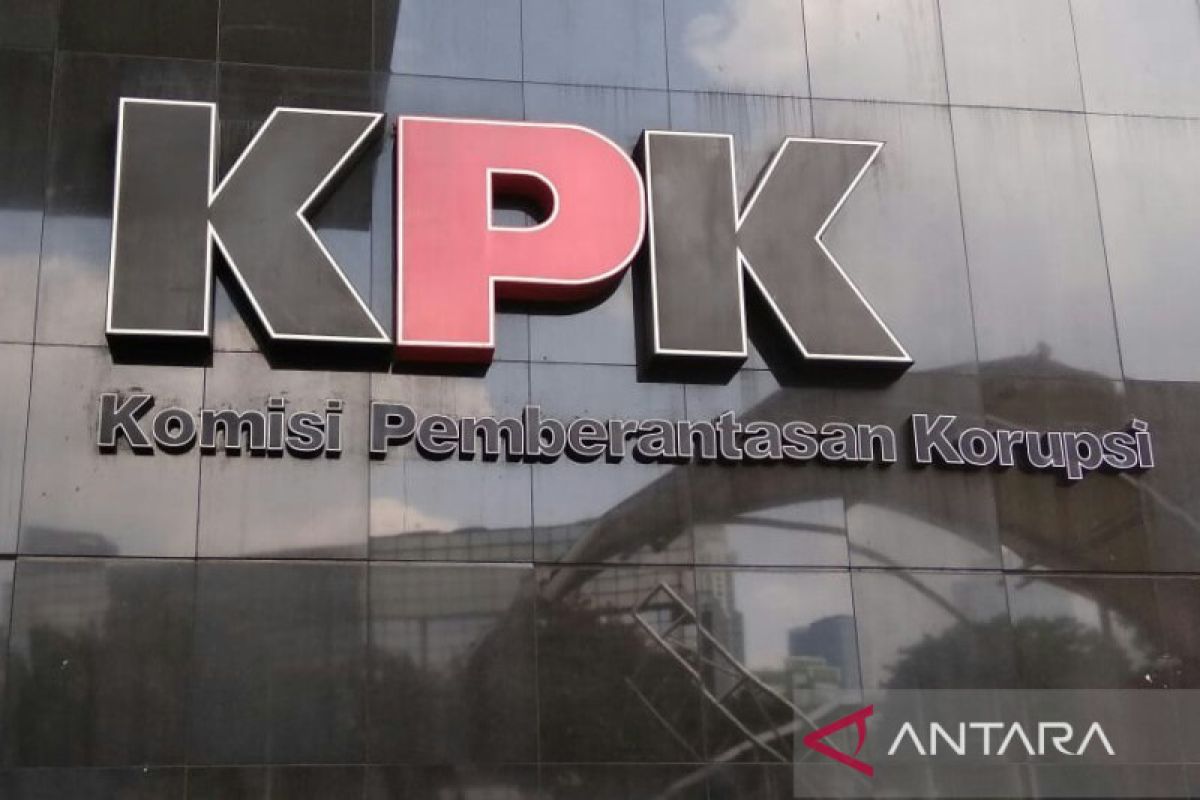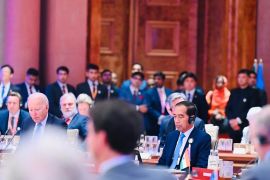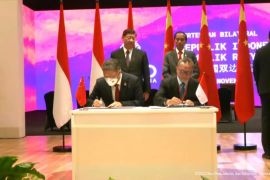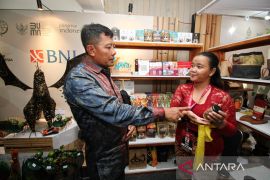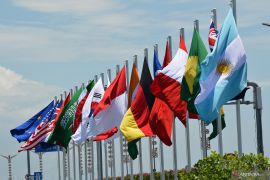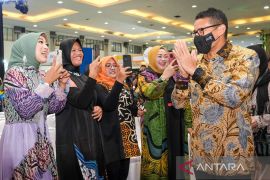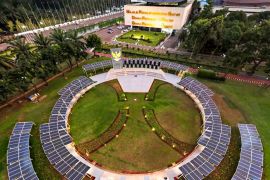Jakarta (ANTARA) - Indonesian Corruption Eradication Commission (KPK), as chair of the 2022 G20 Anti-Corruption Working Group (ACWG), will encourage the forum’s members to strengthen the commitment to eradicating corruption in the renewable energy sector.
Deputy Head of KPK Lili Pintauli Siregar noted in a written statement here on Thursday that the issue is raised at the 2022 G20 ACWG since several countries are starting to conduct clean energy transition.
Supporting the issue, the KPK has provided assistance and counselling on corruption prevention and eradication to several domestic energy companies, such as the state-run electricity provider PT PLN (Persero), to make their business processes more transparent, reliable, and efficient.
In addition, three other issues to be discussed at the forum, include increasing professional empowerment to prevent money laundering, promoting public participation and anti-corruption education, and enhancing the role of auditing in tackling corruption.
Preventing money laundering becomes one of the priority issues at the 2022 G20 ACWG since the corrupted assets are vulnerable to being concealed through money laundering.
According to the Financial Transaction Reports and Analysis Center's (PPATK’s) findings in 2021, corruption has become the main predicate crime of money laundering in Indonesia.
Hence, professional empowerment to eradicate money laundering offenses must be strengthened.
Related news: G20 momentum and anti-corruption institution's four priority issues
"Legal sanctions imposed for corruption and money laundering offenses are not only intended to have a deterrent effect on the perpetrators but also to optimize asset recovery to restore state finances," Siregar affirmed.
In addition to strengthening professional empowerment, the KPK deputy head highlighted the importance of providing anti-corruption education to the public and increasing their participation to prevent and eradicate the crime.
Thus, the KPK has developed the Corruption Prevention Network (JAGA) app to involve the community to monitor the quality and transparency of public services.
Through the app, the public can pose questions as well as express opinions, offer inputs, and give comments for public services that are not in accordance with the data in JAGA.
Furthermore, the KPK deputy head noted that the commission had striven to increase the role of auditing in Indonesia in collaboration with the Development and Finance Comptroller (BPKP) to conduct investigative audits of corruption cases handled by the KPK.
Related news: UI Prof views G20 as solution for climate crisis, energy resilience


